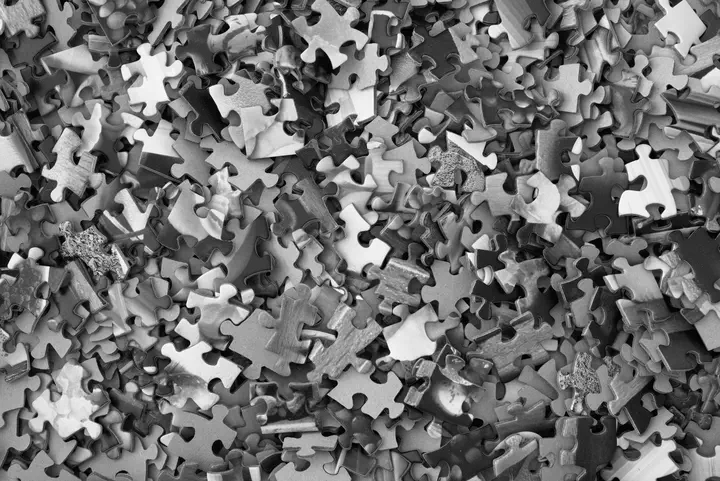Thoughts on cognitive diversity

Notes:
Human beings are by nature tribal creatures. Our need to belong exceeds our need to be moral.
Due to social media and technology, we can isolate ourselves to the point of dizziness; on top of that, people tend to become polarized on social media, causing us to become the worse versions of ourselves.
When you send an email, you are less likely to negotiate, you are less likely to cooperate, and you are more likely to escalate conflicts. This is all to say that your digital persona is not as nice as you are. You are more likely to act like a jerk in the digital space than anywhere else. Our natural tendency is to surround ourselves with people who agree with us, with people we identify with. As a result of our constant access to technology, we can do that to an unprecedented degree.
Diversity, in this case cognitive diversity, is extremely beneficial to us; it is when humans begin to do their best thinking. An agreement is not a worthwhile goal if you want to solve a problem in an innovative or creative manner. Having cognitive diversity is extremely helpful - that is when you’ll have the best ideas, that is when you’ll come up with the best plans - but we don’t enjoy it! It is not comfortable.
In organizations, we are told to reach consensus and make trade-offs so that everyone can agree. The lesson we need to learn is that everyone will not agree on everything and that’s okay. Finding the best of the different ideas needs to be the goal, not consensus.
-
Books: We Need to Talk: How to Have Conversations That Matter - by Celeste Headlee
-
Youtube: Celeste Headlee: 10 ways to have a better conversation | TED | Help make America talk again | Celeste Headlee | TEDxSeattle
-
Podcasts: The Knowledge Project with Shane Parrish: #51 Celeste Headlee: The Dying Art of Conversation